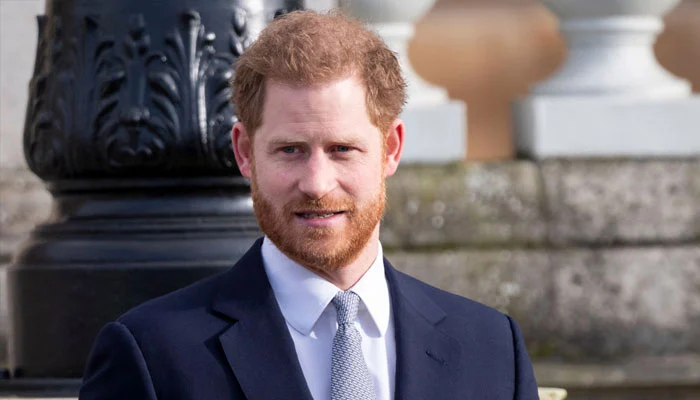Kerry Howard Mwesigwa
A federal judge has set a pivotal deadline for the US government to make a crucial determination regarding the disclosure of records related to the visa application of the Duke of Sussex, Prince Harry. Judge Carl J Nichols has granted the US Department of Homeland Security (DHS) until Tuesday, June 13th, 2023, to decide the fate of the documents and whether a freedom of information request concerning them should be expedited.
The legal case was initiated by the Heritage Foundation, a prominent think tank based in Washington, D.C., which has raised significant questions regarding Prince Harry’s admission into the United States in 2020 and his continued stay in the country. The foundation’s challenge stems from Prince Harry’s candid revelations of past illicit drug use in his controversial memoir, “Spare,” where he shared personal experiences involving cocaine, marijuana, and psychedelic mushrooms.
During a lengthy hearing held in a federal court in Washington, attorneys representing the Heritage Foundation passionately argued for the disclosure of relevant information regarding the DHS’s decision to admit and accommodate Prince Harry. They expressed concerns about the Duke’s eligibility for entry, considering his public admission of drug offenses committed both domestically and internationally. Under US law, individuals who have engaged in such offenses are typically deemed inadmissible.
To advance their cause, the Heritage Foundation filed a legal complaint using the Freedom of Information Act, asserting that the information contained within Prince Harry’s visa application was of immense public interest. However, their initial request was denied by the US Customs and Border Protection, citing Prince Harry’s lack of consent for the release of his personal information.
In opposition to the release of the documents, the Department of Homeland Security argued that it would not be in the public interest to disclose them. They contended that Prince Harry’s disclosures in his memoir did not necessarily impact the visa application process, as he might have truthfully answered questions regarding drug use and legal violations.
The judge’s decision to impose a one-week deadline on the US government to make its determination marks a critical turning point in this legal dispute. If the government rejects the request, the case will proceed to court for further deliberation. It is worth noting that the judge acknowledged the potential “mootness” of the decision, as other branches of the government have already denied the release of the documents. As the deadline looms, the nation awaits the US government’s verdict on whether to release Prince Harry’s visa application documents. The outcome of this decision will not only shape the ongoing legal battle between the Heritage Foundation and the government but will also shed light on the processes surrounding high-profile individuals seeking entry into the United States.















